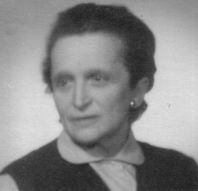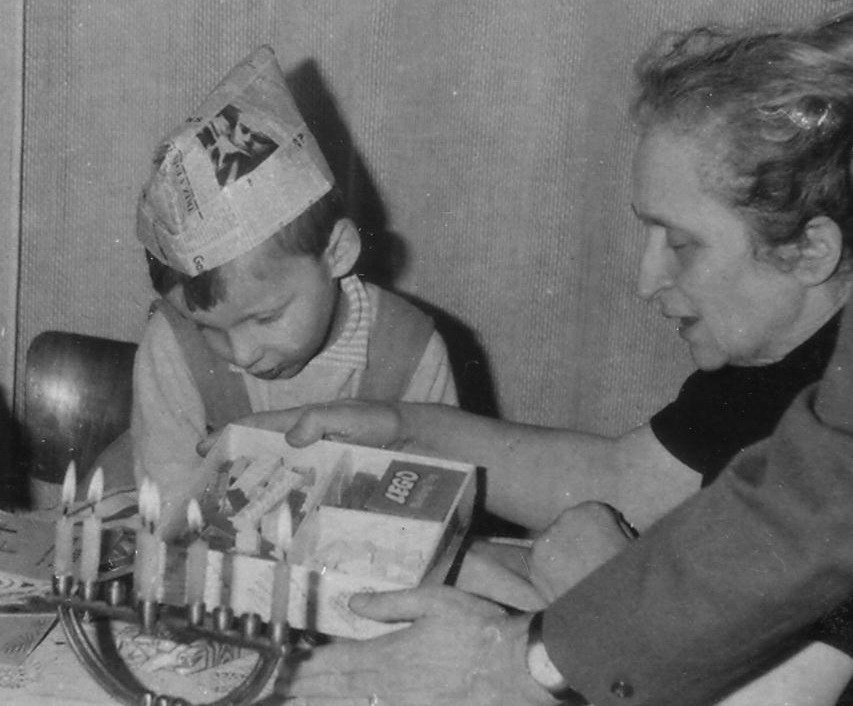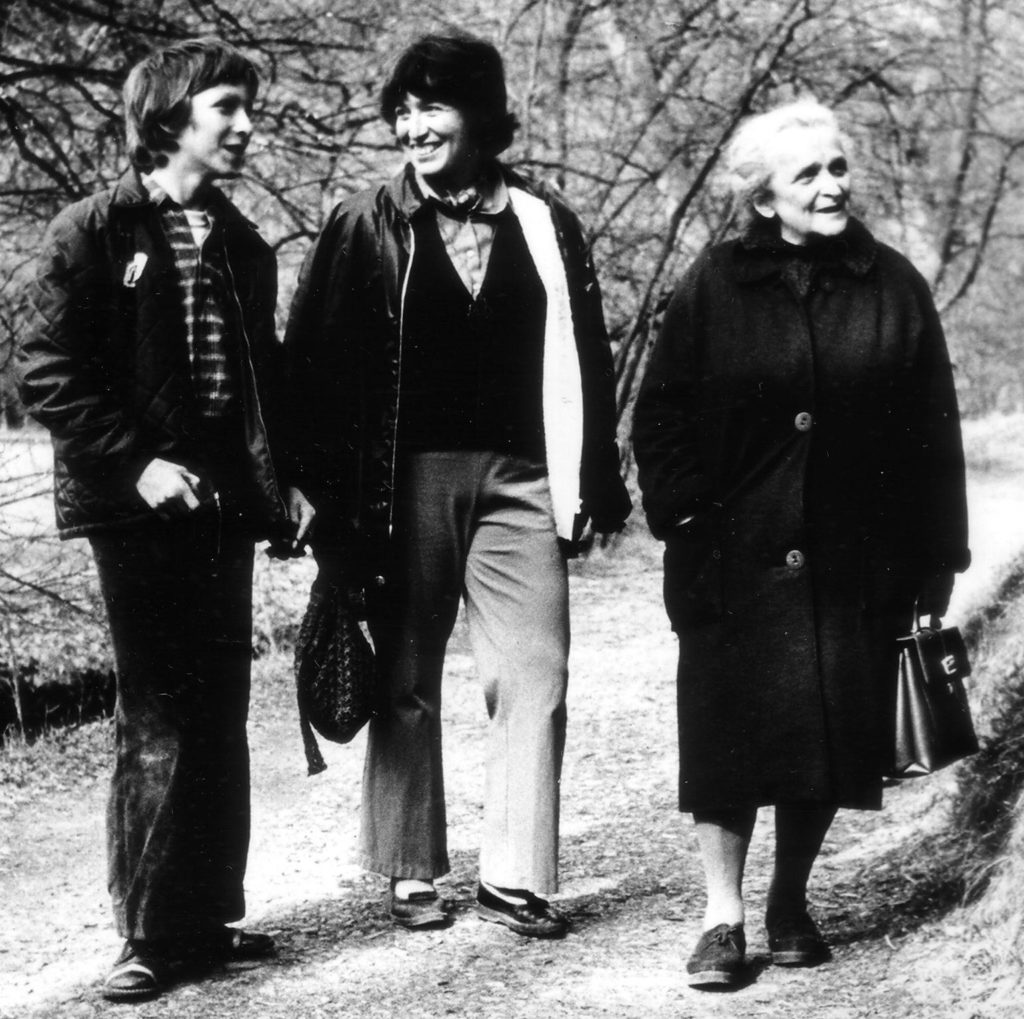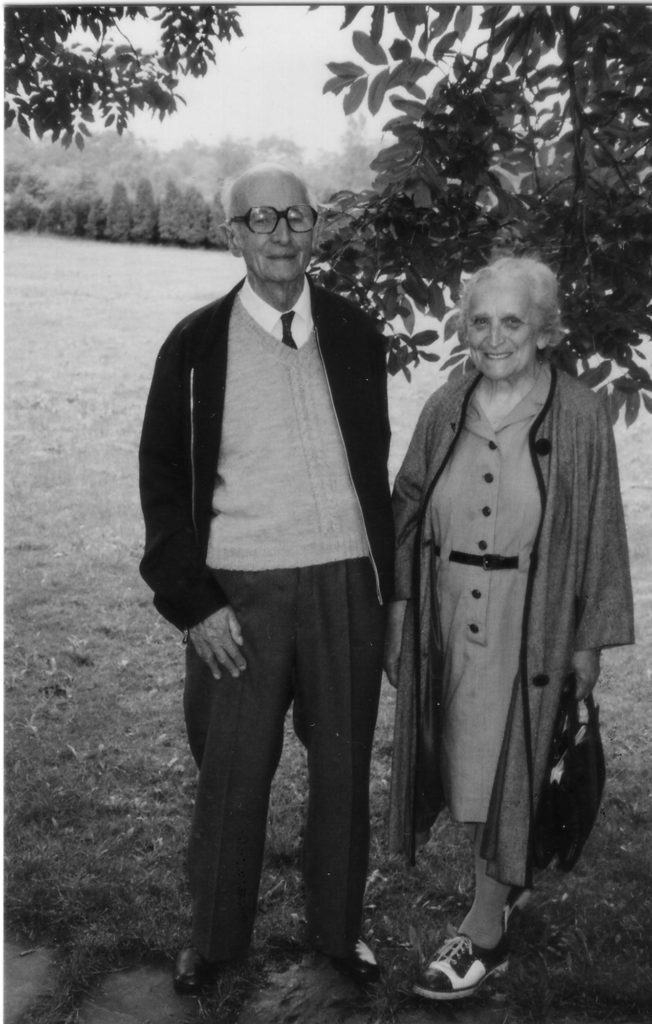After the liberation Irma and her daughter stayed in Terezín until the end of the quarantine; meanwhile father Jiří had left for Prague in the first days of freedom to prepare a necessary background for his family. Irma with small Míša then spent just a short time in Prague before Míša left for a sanatorium in Kamenice, with mother following her; during the summer vacations Irma had with the children in sanatorium their lessons, getting themn ready for their return to school. Irma herself did not get back to school after the war due to health reasons, and subsequently worked as a private teacher, continuing in this job even after the 1948 communist coup in the country. Following the establishment of the Israeli Embassy in Prague where her husband was employed she also helped out in editorial work, making good use of her knowledge of several foreign languages.
The anti-Semitic propaganda spread in communist Czechoslovakia brought the Lauschers back to their repeated endeavors to flee the country; their attempt at illegally crossing the borders in the spring of 1953 was abortive, the family was arrested and again forcibly separated after a decade. Irma spent part of her detention in Pankrác prison; during her walks on the local yard she would be discreetly meeting Michaela. Only in passing would they exchange a few words of recommendation which books daughter or mother should borrow from the prison library; in this way, they exchanged letters hidden in the recommended titles. Both were released from prison after Gottwald´s death and Zápotocký´s subsequent amnesty, while Jiří Lauscher had to stay in jail. Not surprisingly, the powers that be kept on their harassment in many different forms even after his release – property of the Lauscher family remained sealed and inaccessible, return to their original flat was also out of the question. For several months mother and daughter had to wear borrowed clothes, living separately, each with their friends; meanwhile, 17-year old Michaela tried to find a flat for the family since her mother´s psychic condition made it impossible to deal even with such trivial matters. Following Michaela´s protracted efforts she eventually managed to find a flat for herself and her mother, even though not a very adequate dwelling. The whole family was reunited several months later after Jiří´s release from jail.
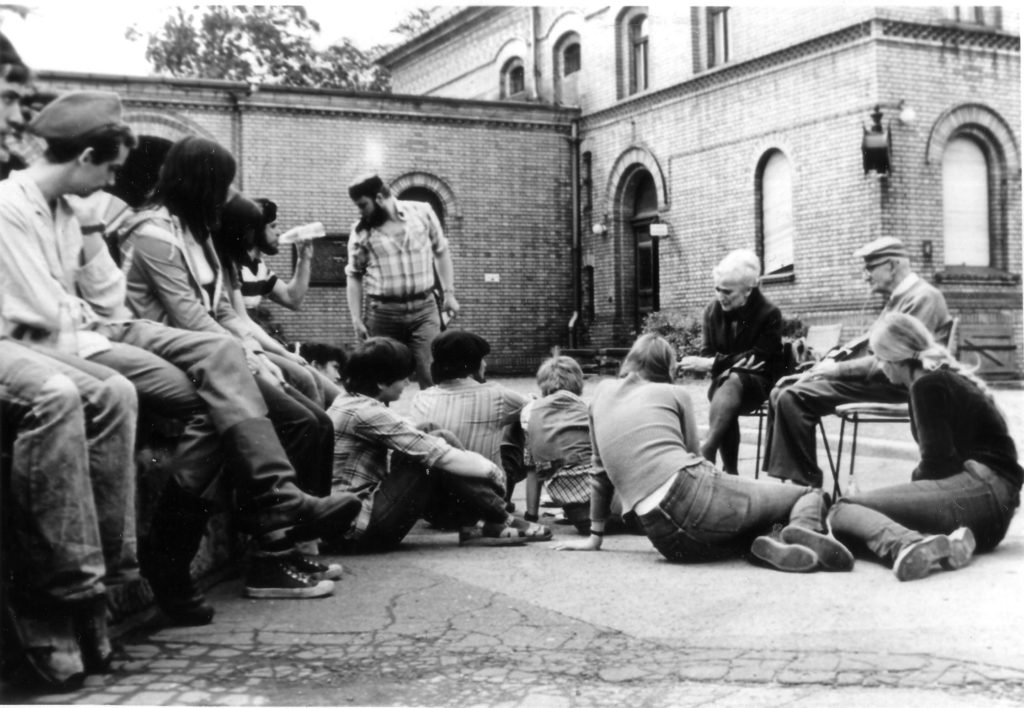
Irma and Jiří Lauscher immediately resumed their original professions – Jiří worked at the Israeli Embassy, Irma stayed at home giving private lessons, writing articles for children in the Gazette of Jewish Religious Communities. After being banned to write for the Gazette, she published under a pen name, eventually under other people´s names. In the latter half of the 1960s, the Lauschers commenced their intense cooperation with the German voluntary organization for youth AktionSühnezeichen[1] (Action Reconciliation for Peace). This ushered in for both of them another important and fruitful period spent in working with young people and promoting the history of the Terezín Ghetto. As part of this work Irma, for instance, published her articles for German youth in the monthly Monatsbrief, put out by the AktionSühnezeichen organization; together with her husband Irma would often return to Terezín to talk about the recent past, an era that had been deliberately concealed in the official approach to wartime history during the time of normalization. In 1972, asked by her grandson Daniel, why they were still going to Terezín where they had been harmed so much, both gave the same answer: ”Precisely to prevent that from happening again“. In this sense, Irma Lauscherová, whom her own daughter describes as a fanatical teacher, always tried hard to influence the thinking of young people, until her death in June 1985.
Jana Sumičová
This text was prepared on the basis of the following books and sources:
Hildegart Stellmacher, Renate Trautmann, —————————————————————————————– Peace to the Far and Near. Memories of Irma and Jiří Lauscher (in Czech) ———————– —— ————Friede dem Fernen und Friede dem Nahen. Erinnerungen an Irma und Jiří Lauscher (in German) ——- Metropol Verlag, 2009, Berlin —————————————————————————————————————- The Terezín Initiative Magazine No. 61 (October 2012) and No. 62 (December 2012) ————————– Interview with Míša Vidláková about her parents Irma and Jiří Lauscher
[1] The organization was renamed in 1991 and has been known to this day as Aktion Sühnezeichen Friedensdienste (Action Reconciliation Service for Peace).

